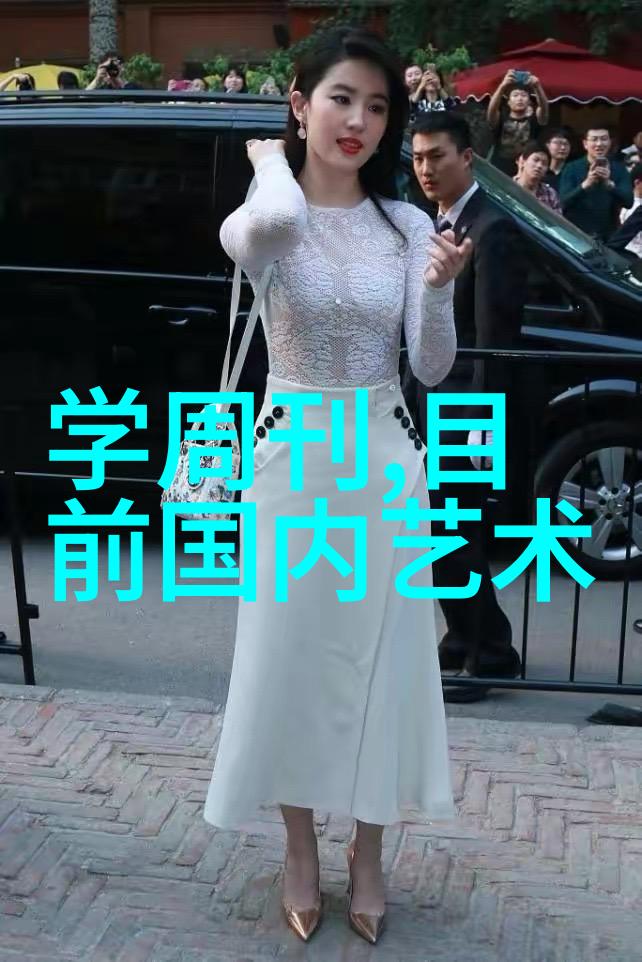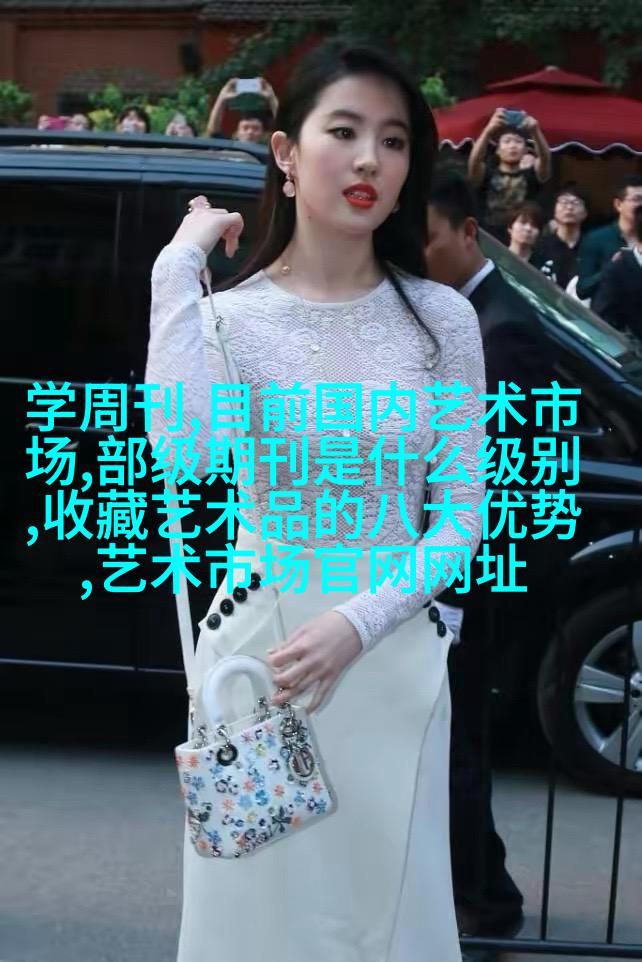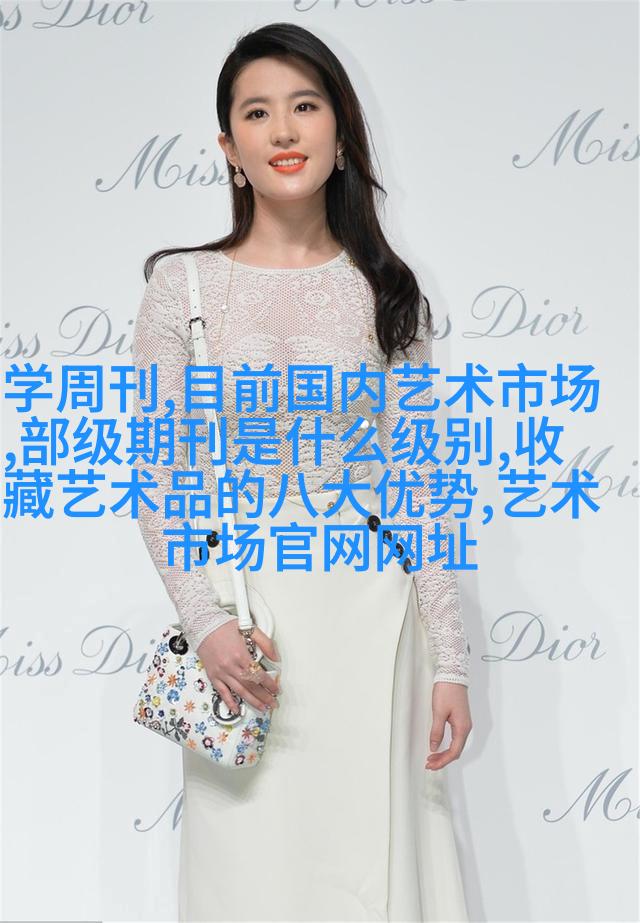70万元假画案艺术品销售行业如何画家证实仅值三五百元
近日,李某花70万元从张某处购得一幅署名史国良的画作《金秋》,后经史国良本人鉴定为仿制品。李某多次与卖主张某协商退款未果,故诉至法院,要求返还购画款并承担相应利息。原告李某诉称,他在任某介绍下认识了张某,并于2014年7月3日在北京购买了这幅画。在购买前,他详细询问了画的来源,但张 Certain assured him that the painting came directly from the artist, with no intermediaries involved. Li said he trusted Zhang and believed that the painting was genuine.

However, after taking possession of the painting, Li had a friend photograph it and send it to History for authentication. The response he received was that the painting was fake. Despite this, Li attempted to negotiate with Zhang for a refund but was met with resistance.
It wasn't until February 11th this year that Li finally managed to get History to authenticate the painting in person. After examining the work closely, History wrote out an appraisal stating that "this counterfeit is a forgery of my own work titled 'Autumn Gold'".

Li argues in court that Zhang sold him a fake painting nearly three years ago and has since dodged his requests for a refund by making excuses. He is seeking compensation of 81.86 million yuan from Zhang.
In defense, Zhang's lawyer claims that there was no explicit promise made about the authenticity of the artwork when it was sold. Furthermore, they argue that as art dealers themselves, both parties should have known better than to purchase something without proper authentication first.

The judge also pointed out during trial proceedings between both parties about their respective roles as buyers and sellers within China's art market industry; specifically discussing how special goods like these carry inherent risks due largely because they are typically bought based solely on personal observation rather than any professional evaluation or expert opinion provided beforehand (as per local custom). So long as transactions remain voluntary exchanges where each side verifies goods at point-of-sale without expecting later recourse against one another then such agreements remain valid under law even if either party ultimately discovers what they thought were perfect deals turned out not quite so perfect once examined more closely down road - all part normal course doing business here among us folks who call ourselves traders!